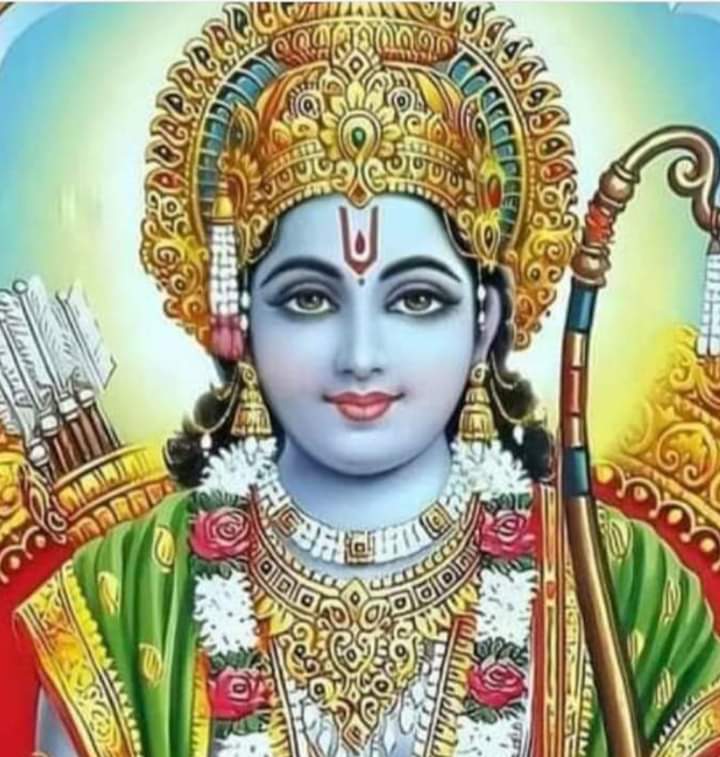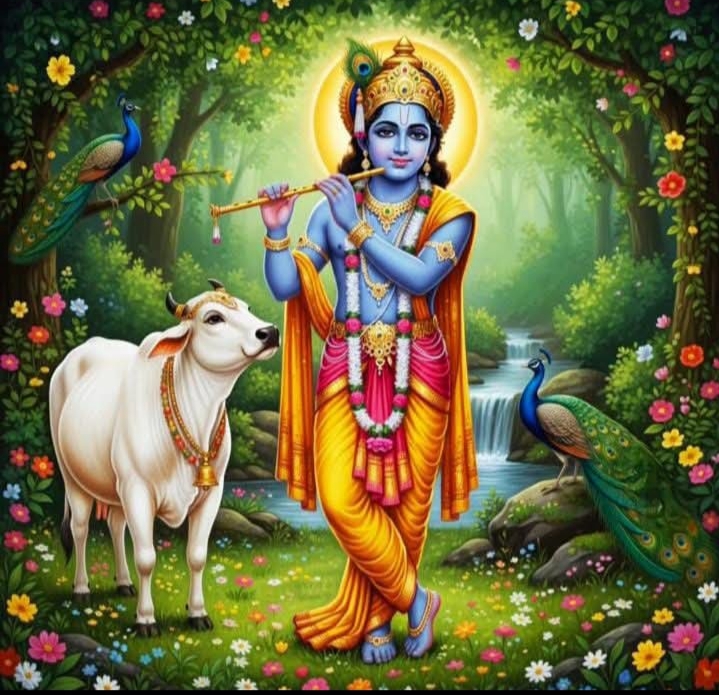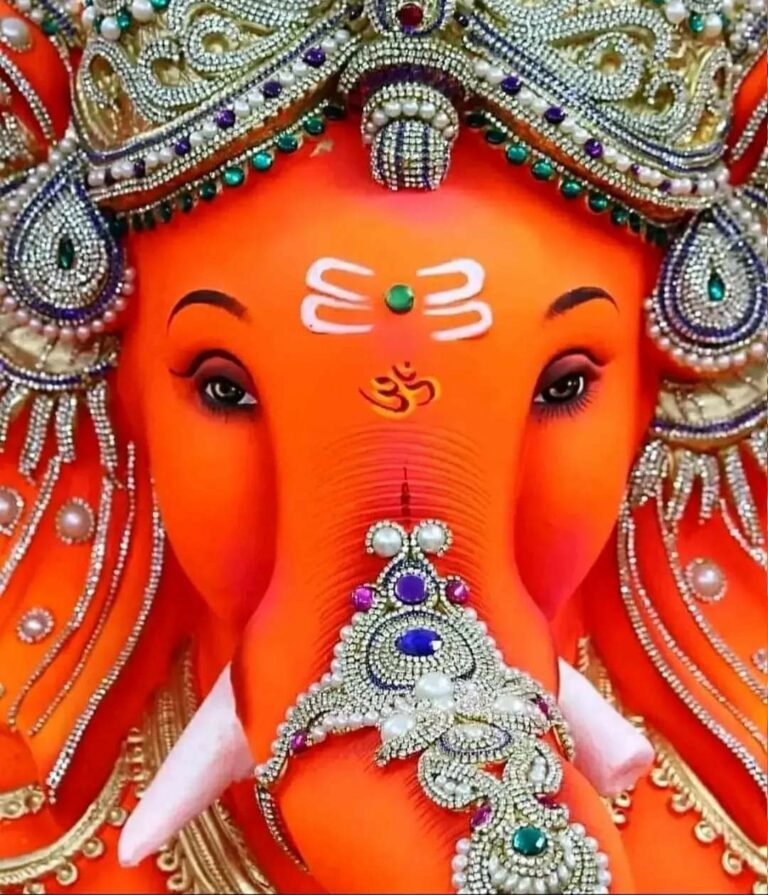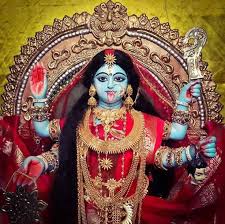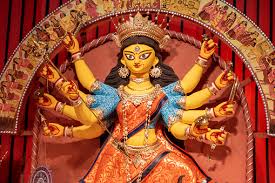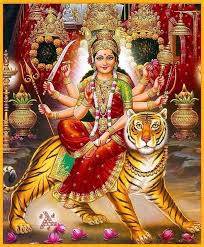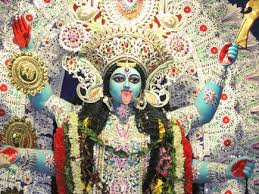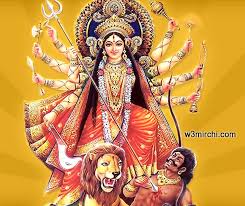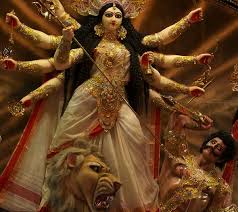एक साधुने एक नरेशका कोषागार देखनेकी इच्छा प्रकट की। श्रद्धालु नरेश साधुको लेकर कोषागारमें पहुँचे। हीरे, मोती, नीलम, पन्ने आदिका पर्याप्त बड़ा संग्रह देखकर साधुने पूछा- ‘इन पत्थरोंसे आपको कितनी आय होती है ?’
नरेश बोले- ‘इनमें आय नहीं होती। उलटे इनको सुरक्षित रखनेके लिये बराबर व्यय करते रहना पड़ता है। पहरेदार रखने पड़ते हैं; क्योंकि ये बहुमूल्य रत्न हैं।’
साधुने कहा- ‘आप मेरे साथ चलें। इनसे बहुत भारी और अत्यन्त बहुमूल्य पत्थर मैं आपको दिखलाता हूँ।’साधु नरेशको ले गये एक झोंपड़ीमें। उसमें एक विधवा रहती थी। उसके घरमें एक आटेकी पत्थरोंकी चक्की थी। दूसरोंके अन्न पीसकर वह अपना पेट पालती थी। साधुने चक्कीके पत्थरोंकी ओर संकेत करके कहा – ‘राजन् ! तुम्हारे उन उपयोगहीन पत्थरोंसे ये पत्थर अत्यन्त बहुमूल्य हैं; क्योंकि इस विधवाके लिये ये जीविकाके आधार हैं। ये उपयोगी हैं।’
राजाने मस्तक झुका लिया। वस्तुका मूल्य उसके सौन्दर्य एवं संग्रहमें नहीं, उसकी उपयोगितामें है, यह बात उसने समझ ली या नहीं, कहा नहीं जा सकता।
-सु0 सिं0
A monk expressed his desire to see the treasury of a king. The devotee king reached the treasury with the sages. Seeing a fairly large collection of diamonds, pearls, sapphires, emeralds etc., the monk asked – ‘How much income do you get from these stones?’
Naresh said – ‘ There is no income in them. On the contrary, to keep them safe, equal expenditure has to be made. guards have to be kept; Because these are precious gems.
The monk said- ‘You come with me. I will show you a much heavier and more valuable stone than these.’ The sages took the king to a hut. A widow lived in it. There was a stone mill in his house. She used to feed herself by grinding food grains of others. The monk pointed to the stones of the mill and said – ‘ Rajan! These stones are more valuable than those useless stones of yours; Because for this widow they are the basis of livelihood. These are useful.
The king bowed his head. The value of the thing is not in its beauty and collection, but in its usefulness, it cannot be said whether he has understood this or not.










